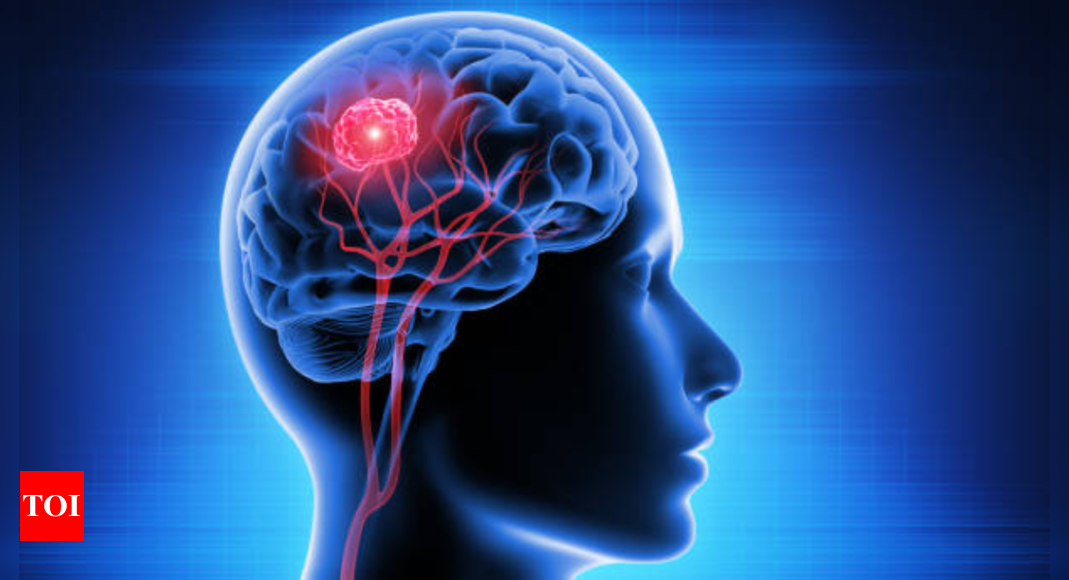To help your brain stay sharp and focused, here are nine well-researched exercises and games to consider.
1. Learning a new language
Learning a new language offers numerous benefits for the brain:
– *Improves cognitive functions*
– *Enhances memory*
– *Boosts problem-solving skills*
Using language learning apps or online courses provides a structured and convenient approach to acquiring a new language. A 2018 study found that bilingualism can lead to changes in brain structure, especially in areas showing increased neural reserve, which helps cope with age-related cognitive decline and maintains cognitive functions.
2. Active reading and note-taking
When reading, actively engage with the material by taking notes or highlighting key points. This method may:
– *Sharpen focus*
– *Enhance comprehension*
– *Improve memory retention*
A study published in the Journal of Student Research found that typing notes resulted in the highest memory retention among students aged 13-18 compared to handwriting or taking no notes.
3. Mindful breathing meditation
Practices like meditation and mindfulness interventions can enhance:
– *Cognitive processes:* Attention, working memory, and executive functions
– *Metacognitive abilities:* Organizing, planning, and problem-solving skills
To practice mindful breathing, sit in a quiet place, close your eyes, and focus on your breath. Inhale deeply, counting to four, then exhale slowly. Concentrating on the sensation of your breath can improve concentration and reduce stress.
4. Strategic online chess
Playing chess requires strategic planning and focused attention, providing a comprehensive mental workout. An analysis of 24 studies suggests that chess instruction can enhance math achievement and overall cognitive ability in primary and middle school students, with the effective training threshold being approximately 25-30 hours. Online chess apps allow you to play conveniently on your phone.
5. Dual n-back training
Dual n-back training is a cognitive exercise where you remember and recall visual and auditory stimuli. This training enhances working memory and cognitive abilities. A 2020 study found that participants experienced improved working memory performance after 16 sessions of dual n-back training. Various websites and apps offer dual n-back exercises for brain training.
6. Crossword puzzles
Crossword puzzles stimulate cognition by enhancing:
– *Vocabulary*
– *Memory*
– *Problem-solving skills*
– *General knowledge*
A 78-week study found that web-based crossword puzzle training was more effective in improving cognitive function among individuals with mild cognitive impairment (MCI) than other web-based cognitive games.
7. Sudoku
Sudoku is a logic-based puzzle that requires filling a 9×9 grid with numbers. It involves logic and attention, engaging both medial and lateral regions of the prefrontal cortex (PFC). A 2020 study suggested that Sudoku could be used for cognitive training, especially for neuropsychiatric disorders involving the PFC, such as depression, bipolar disorder, and Alzheimer’s disease.
8. Go
Go is an ancient Chinese board game that involves complex decision-making, spatial reasoning, and long-term planning. Playing Go can improve cognitive skills, strategic thinking, and concentration. A study found that Go players, especially high master level ones, had exceptional cognitive reflection test (CRT) scores, indicating strong social cognitive skills.
9. Bridge
Bridge is a card game involving critical thinking, memory, and strategic decision-making. An older study suggested that playing bridge may improve working memory and reasoning among people aged 55-91, although more research is needed to support these findings.
Summary
Brain exercises, from chess to dual n-back training, serve as dynamic tools to keep our minds agile and resilient. While research is mixed and further studies are needed, these exercises may enhance memory, problem-solving, and cognitive abilities. They can also contribute to structural changes in the brain, fostering neural reserve. For convenient access, explore online platforms and make enhancing cognitive abilities a regular part of your routine. Your brain will thank you for the workout!
What to do if someone gets an allergic reaction?
(Author: Dr. Samant Darshi, Psychiatrist at Yatharth Hospitals and Director at Psymate Healthcare)
Source Homevior.in




